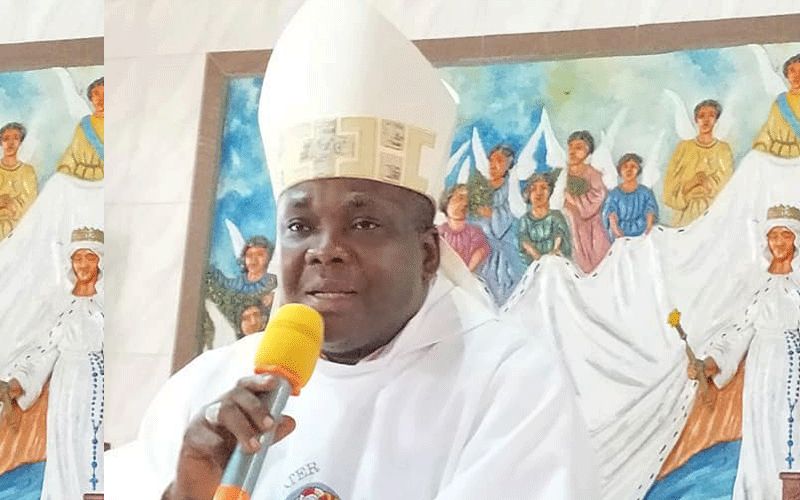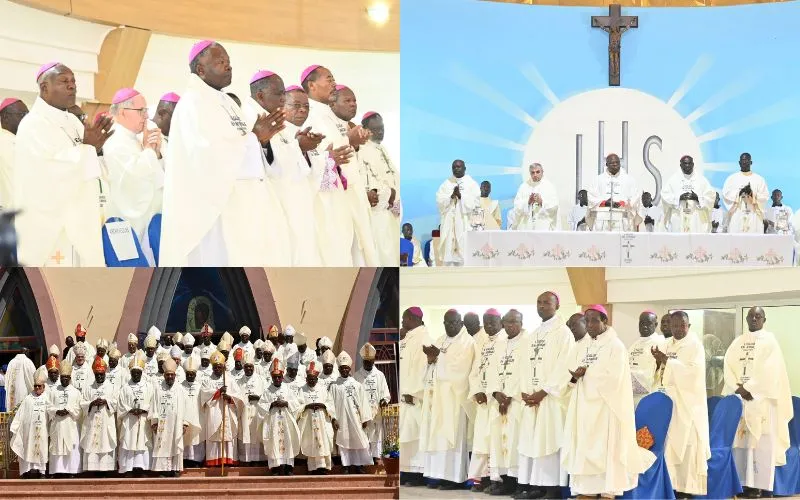“Sadly, among such agents of tragedy are political, economic and religious leaders and people in authority who are entrusted with the forces and resources of the State and community, precisely to create a better world for their people,”
The 59-year-old Nigerian Prelate who is at the helm of the Pan-African Episcopal Committee for Social Communication (CEPACS) highlights some of the countries where some “agents of tragedy” are operationalizing their criminal activities.
“From the United States of America to Belarus, from Lebanon to Libya, from Ivory Coast to Mali to Nigeria etc, such leaders all over the world make life more difficult for their citizens, promoting hatred rather than love, dividing people rather than uniting them and sowing sorrow and sadness rather than peace and joy,” Bishop Badejo says.
The word of God “demonstrates God’s power and ability to turn things around when he wishes to,” he says, hinting to the need to turn to God for His intervention to overcome COVID-19 challenges and “agents of tragedy.”
“Many are the peoples and countries which would pray to God today for such grace from God that he mercifully intervenes, and save his people. Nigerians would prominently feature among such people. May God hear the sincere prayers we offer!”
He says that “God’s intervention is not only about multitudes of people or nations; it concerns individuals as well.”
Focusing his reflection on the Sunday Gospel reading that has the Apostle Peter professing his faith in response to Jesus’ question about his identity, Bishop Badejo says, “We all must constantly interrogate ourselves about who we believe that Jesus is and ask how Jesus sees us.”
Such interrogation about who Jesus is, the Nigerian Prelate says, “will help us not to stay by seeing him simply as money or candy machine which we simply operate in order to receive a favour, a mere personal bodyguard or a hired assassin for eliminating our perceived enemies.”
“The Church and God’s people today are, in many ways today, assailed by the powers of hell,” Bishop Badejo says, adding, “It is indeed opportune that we invoke the promise and powers of Jesus who established his Church on Peter, the rock, to rebuke the powers of hell under every guise so that his Church, his people may breathe, may thrive and live in peace.”
Reflecting on the 40-day prayer period announced by Catholic Bishops in Nigeria to seek God’s intervention for an end to violent conflicts and targeted killings that have been described as “genocide”, Bishop Badejo say, “It is aimed at ending the incessant killings in Nigeria, especially in the northern part.”








